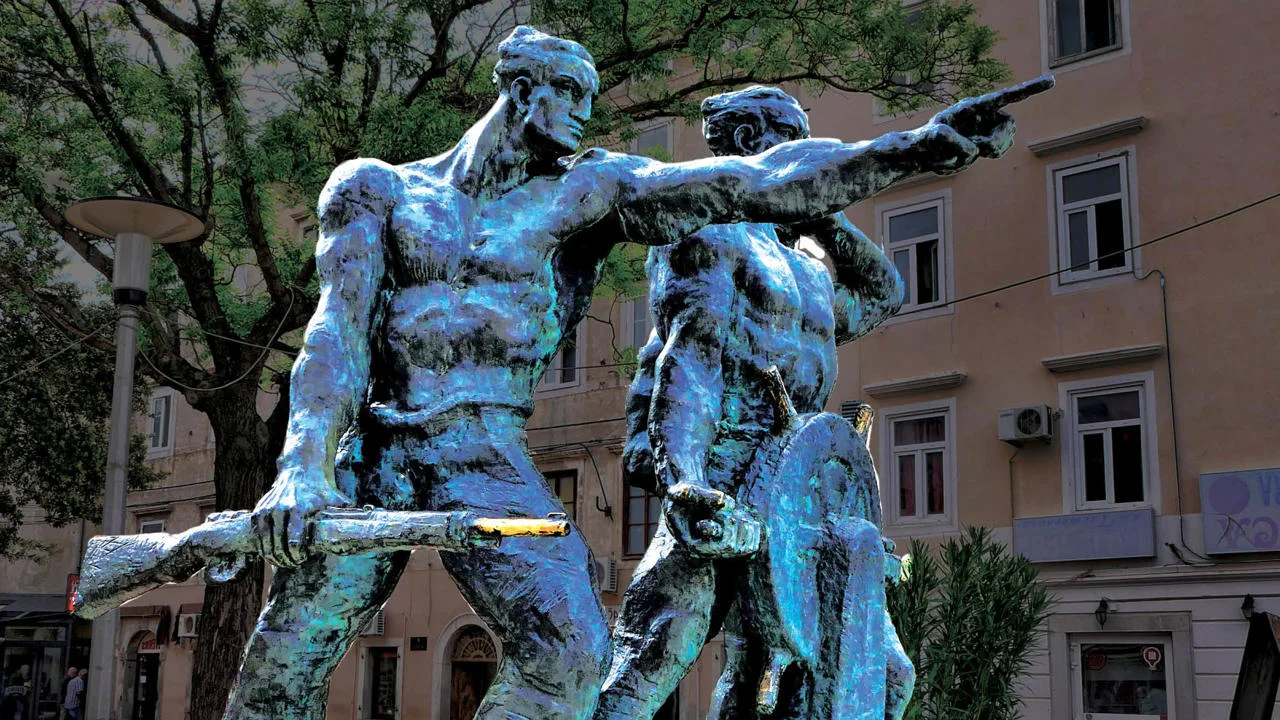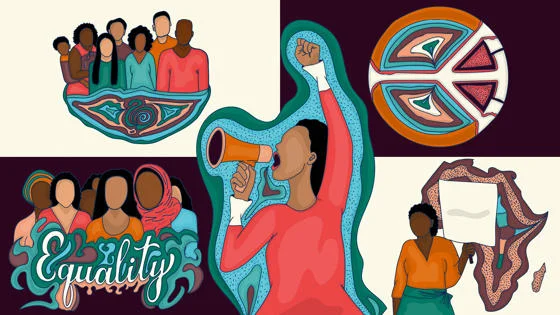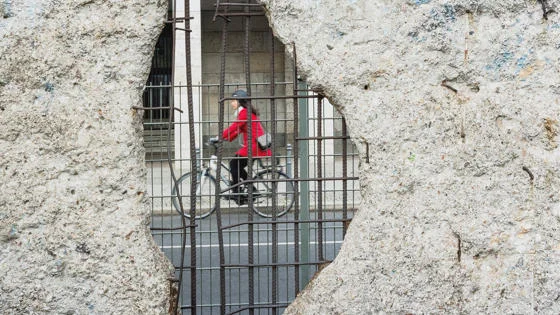We need a regional approach to justice after mass atrocity

Contents
One of the main challenges across global post-conflict zones is to devise and support policies that will help victims receive justice for their suffering and restore inter-group relations. Many efforts since the end of the Cold War have faltered because they have neglected the cross-border nature of violence.
Contemporary conflicts often have a regional dimension. Fighters cross borders to commit atrocities and people cross borders to flee to safety. When violence ends, perpetrators, victims and the evidence often end up on different sides of the border - in different countries.
Yet, mechanisms to address the legacy of violence, such as war crimes trials and truth commissions have by and large operated at a national level. They have neglected the regional nature of violence and created space for impunity. Perpetrators have been able to evade justice.
The need for a regional approach has been evident to scholars and policymakers. But, without evidence about its impact, the question remained: can it be effective, and if so how?
Regional post-conflict justice debates … focus the discussion on issues such as truth, justice, solidarity and empathy for all victims regardless of their ethnicity.
Cross-border violence, cross-border justice
To answer these questions, I conducted the first study into the prospects for reconciliation through a regional approach to post-conflict justice by studying regional deliberations about a preferred approach to post-conflict justice in the Balkans.
I focused on a unique multi-ethnic civil society initiative in the post-conflict Balkans that conducted consultations involving nearly 6,000 civil society members from all ethnic groups affected by the Yugoslav wars of the 1990s (Serbs, Croats, Bosniaks, Albanians, Montenegrins, Macedonians and Slovenians). The consultations, from 2006 to 2011, resulted in the agreement on the founding of RECOM, the acronym for the regional fact-finding commission that would establish facts of war crimes and other gross human rights violations and compile a record of all victims of wars in the region, inclusive of all ethnicities.
I applied computer-assisted quantitative text analysis, a novel method in the field of transitional justice, appropriate for the systematic analysis of over half a million words of text data of civil society debates in the post-conflict Balkans. By counting and analysing the frequency of words using the computing power, we can identify latent patterns of discourse that would otherwise remain inaccessible due to a sheer volume of data. I combined this "big data" approach to the study of text with fine-grained qualitative analysis of discourse, focused on understanding participants’ views on a regional approach to post-conflict justice.
My research points to the perils of the prevailing narrative…about the negative role of civil society and human rights non-governmental organisations (NGOs) in post-conflict societies.
My analysis, presented in an article in the International Journal of Transitional Justice, showed that regional post-conflict justice debates are more reconciliatory than national-level equivalents, in that they focus the discussion on issues such as truth, justice, solidarity, and empathy for all victims regardless of their ethnicity.
My findings point to a regional route to reconciliation as a way to overcome some of the obstructions that can occur when justice is sought at a lower, national level in divided societies. Justice pursued at a higher, regional level provides more acknowledgment of all victims, encouraging restoration of inter-ethnic relations. Above all, I argue, taking a regional approach can overcome the barriers to justice posed by borders.
We must not buy into the narrative that seeks to delegitimise civil society
My research shines new light on the hotly debated role of civil society and human rights non-governmental organisations (NGOs) in post-conflict peace-building.
It points to the perils of the prevailing narrative, in much of the recent scholarship and in some practitioner circles, about the negative role of civil society and human rights NGOs in post-conflict societies.
According to this narrative, foreign-funded NGOs are peace-profiteers, and grant capture is a new form of rent-seeking. Civil society sector, thus portrayed, is populated by self-interested activists; with their eyes set on foreign currency, they are least concerned about their moral engagement and mission in post-atrocity societies. This narrative has resulted in delegitimisation of civil society groups, particularly those working on human rights, in post-conflict contexts.
Furthermore, the narrative connects directly with efforts of ethnic leaderships who reject and evade confronting the legacy of war crimes. These elites stigmatise human rights NGOs as traitors, accusing them of being disloyal to their respective ethnic groups. Human rights activists are often intimidated, and violence against them is condoned. At the same time, the message coming from the top is that of outright denial or minimisation of war crimes committed by members of one’s group. It leads to the kind of peace which perpetuates the sense of injustice and deepens the injury of the victims.
While there will always be individuals with selfish motives among activists, I warn against outright dismissal of civil society and human rights NGOs. Indeed, my research has provided empirical evidence of the essential role of civil society actors in peacebuilding. With their voices, civil society delegitimises the war crimes denial that can be prominent in their own societies, while engagement of people across borders within civil society space presents a glimmer of a more ethical future.
What does this mean for policy?
I argue that civil society efforts need to be much more centred in international policymaking in post-conflict regions, rather than being a side-show to engagement with countries’ elites. In particular, international policymakers need to be open to, and supportive of, innovative initiatives aimed at engaging with the difficult legacy that are owned and designed by civil society actors in countries torn by violence. Lastly, the potential of deliberative problem-solving in divided post-conflict states, even of the most complex issues such as post-conflict justice, should be embraced.
If we are able to take these steps, my hope is that efforts aimed at post-conflict reconciliation will recognise the suffering of all victims of wartime atrocities and lead to better quality peace for everyone in conflict-affected regions.
The arguments presented here are explored fully in Dr Kostovicova’s forthcoming book Reconciliation by Stealth: How People Talk About War Crimes, with Cornell University Press.
Dr Kostovicova also directs a major research programme on how people engage with post-conflict justice funded by the European Research Council (ERC) Consolidator Grant, "Justice Interactions and Peace-building: From Static to Dynamic Discourses across National, Ethnic, Gender and Age Groups".
Download a PDF version of this article




